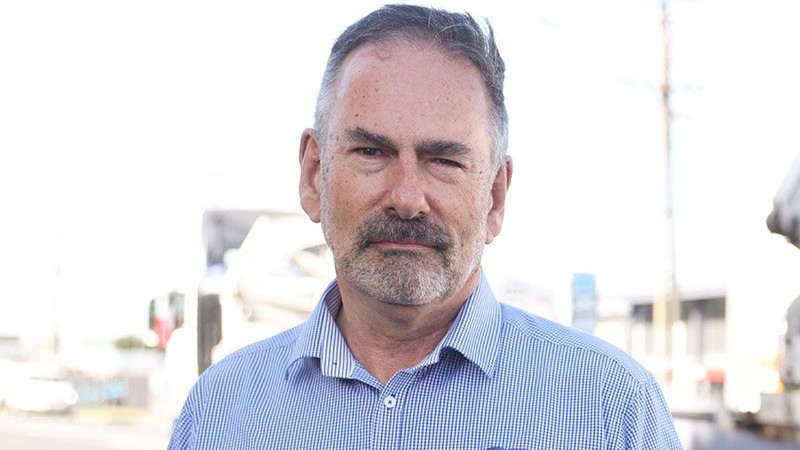Just transition: Don’t let perfect get in the way of better

The transport sector is not unique in its desire to transition to a low-emissions model. The willingness is there but the challenges often feel so overwhelming, operators simply can’t decide which low-emissions horse to back. In discussions with NRC, operator concerns generally fit into one of four camps.
Infrastructure limitations: The freight sector relies heavily on existing infrastructure, such as roads, railways and ports, which are optimised for fuel-based transport. Shifting to electric or hydrogen vehicles demands costly and time-consuming investments in new infrastructure like charging or refuelling stations.
Cost pressures: Upfront costs for low-emission technologies are perceived as prohibitive. Electric and hydrogen vehicles cost more than diesel, and freight companies with thin margins struggle to justify the investment, especially with unclear returns. Financial risks and cost pressures in the competitive freight industry deter many from transitioning.
Developing technology: EVs have limited range, long charging times and lower payloads than diesel trucks, making them less viable for long-distance freight. Batteries and hydrogen fuel cells have lower energy densities, reducing vehicle efficiency and range.
Little is known about the true cradle-to-grave cost of ownership of the new technology. There are no examples that have completed their full life cycle, which creates huge uncertainty and associated risk for operators.
Lifespan of existing fleet: Freight vehicles have long lifespans, and the sunk cost makes switching to low-emission alternatives less appealing. The fear of having stranded assets if a company transitions too slowly or if it picks the wrong emerging technology is a scary prospect for an industry operating on low margins in a recession.
Right now, it’s a risky economic environment to be taking the lead with new technology, but despite the trepidation, there is no shortage of freight operators willing to give it a go.
And that’s where companies like TR Group step in. Leasing offers operators access to the latest technology without the full cost and risk, providing much-needed flexibility, especially in the current economic climate.
NRC’s message: Don’t let perfect get in the way of better when it comes to “just transition”. [Disclaimer: this might be borrowed from Brendan King, general manager, TR Group.]
Leasing gives immediate access to newer vehicles, including hybrid or electric trucks, emissions-compliant models, better aerodynamics and advanced telematics, all backed by maintenance packages. These innovations reduce fuel consumption, lower emissions and positively impact the bottom line. Small steps by everyone could drive a significant sector-wide shift in emissions reduction.
We can’t do it alone – the government must play a role. While the industry needs to step up, the government holds the keys to industry’s long-term success. The right regulations are crucial, as is a better balance between the carrot and the stick.
The surge in EVs came when the public was incentivised, driven by cheap fuel rather than emissions goals. Now, imagine New Zealand’s car fleet if fringe-benefit tax was removed on clean vehicles – businesses would quickly adopt zero-emission fleets. This would trickle down, making EVs more affordable for private buyers as corporate fleets enter the market in their three-to-four-year cycle.
As an industry, we need to embrace just transition to ensure our long-term sustainability and build economic resilience. In the short term, we need to work with the regulators to facilitate uptake and encourage investment that will enable freight operators to take action now, not in the future. But let’s not forget we already have some of the tools in the toolbox at our disposal.
As always, one of the smartest moves an operator can make is to pick up the phone or fire off an email to one of the NRC team, as it is highly likely in this rapidly evolving environment that we can help work through the options without a vested interest getting in the way.
Information on ways to reduce carbon emissions is on our website, natroad.co.nz, and in member communications.




